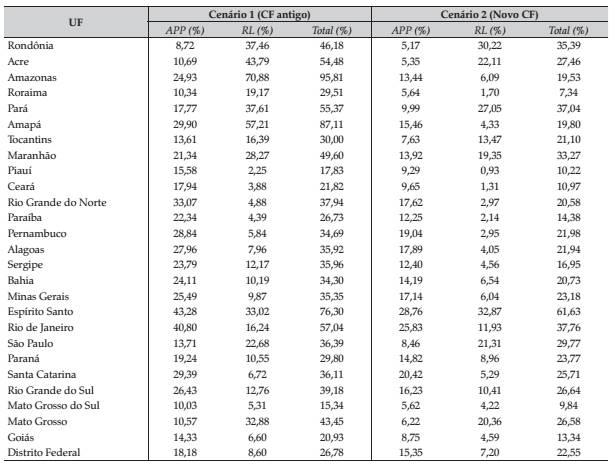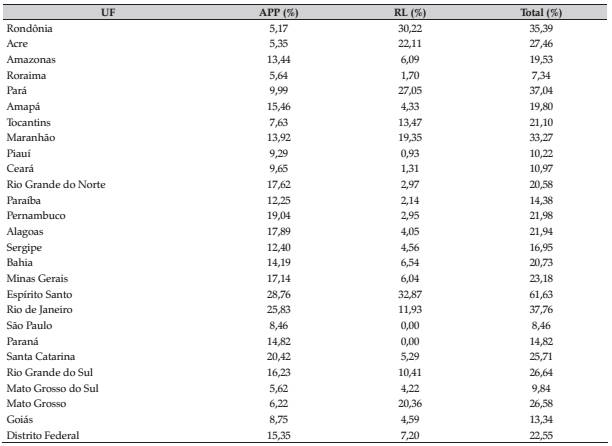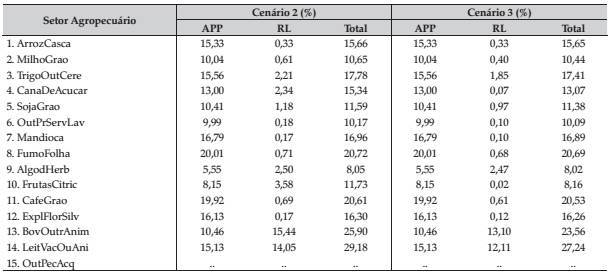Abstract:
This paper analyzes the economic impacts of Brazilian Forest Code, in its different versions, on Brazil and its states. Three different scenarios were analyzed using an interregional computable general equilibrium model, the TERM-BR, from which we obtain national and regional results. Satellite imagery data was combined with economic information from the Brazilian Agricultural Census for the analysis. Model results show that the less restrictive new version of the law resulted in smaller negative economic impacts on the Brazilian economy. With the new law, the Brazilian GDP was reduced by 0.19%, or by 0.17%, when the system for Legal Reserves compensation in other state is used. This is smaller than the projected impact of the previous law, which we estimated to be a 0.37% reduction in the GDP. However, the results are heterogeneous across regions since the incidence of the restrictions is different in the alternative scenarios.
Key-words:
Brazilian Forest Code; economic impacts; Computable General Equilibrium models

 Thumbnail
Thumbnail
 Fonte: Adaptado de
Fonte: Adaptado de 















